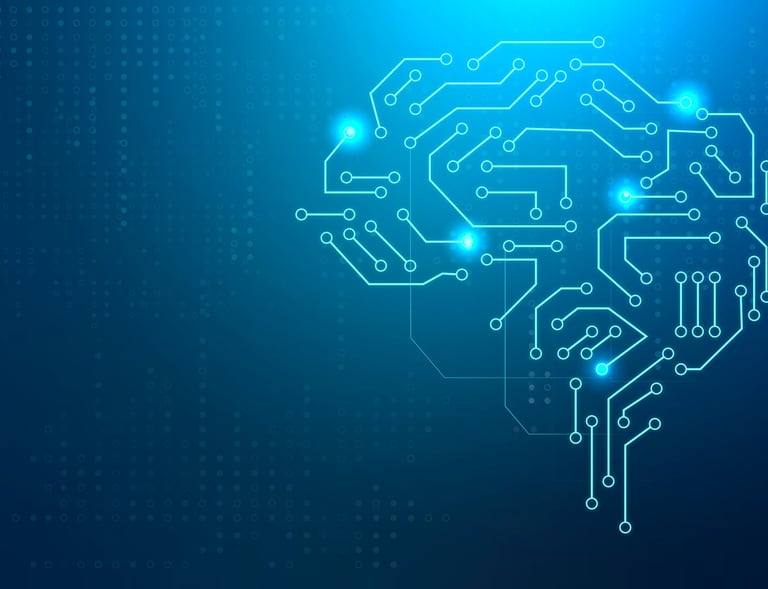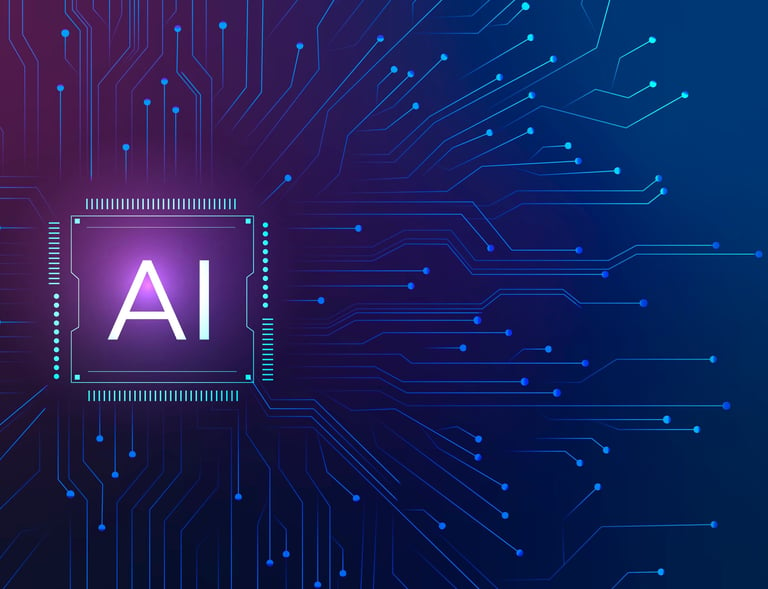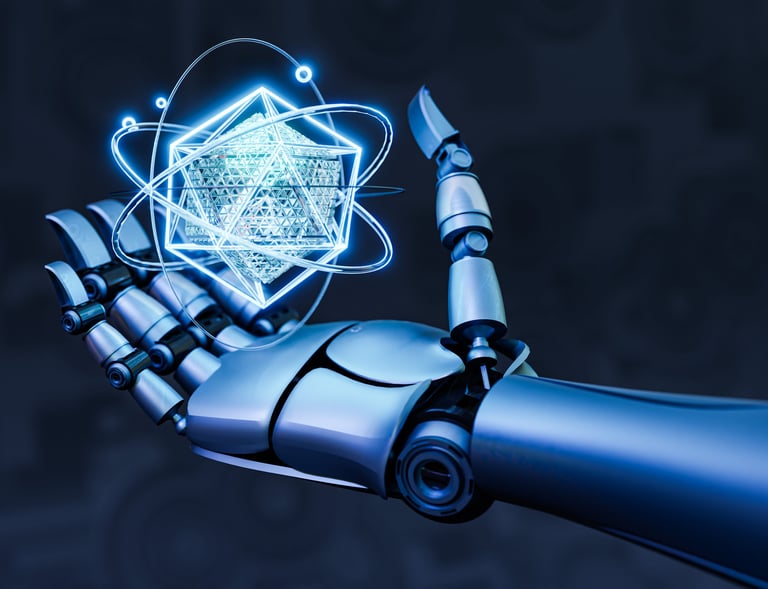General Information








We provide professional courses in many areas of artificial intelligence, machine learning, data mining, and data science. Our schedule is flexible and adapts to the client’s needs. Courses combine conceptual and practical sessions to ensure participants are ready to use modern data analysis technologies in realistic scenarios.
Courses are offered in real-time (no pre-recorded lectures) and are either face-to-face or conducted as webinars. Each course is fourteen hours long and can be provided on two full days or four half days. The minimum number of participants per course is four. If you are interested, please get in touch with us, and a representative will respond shortly.